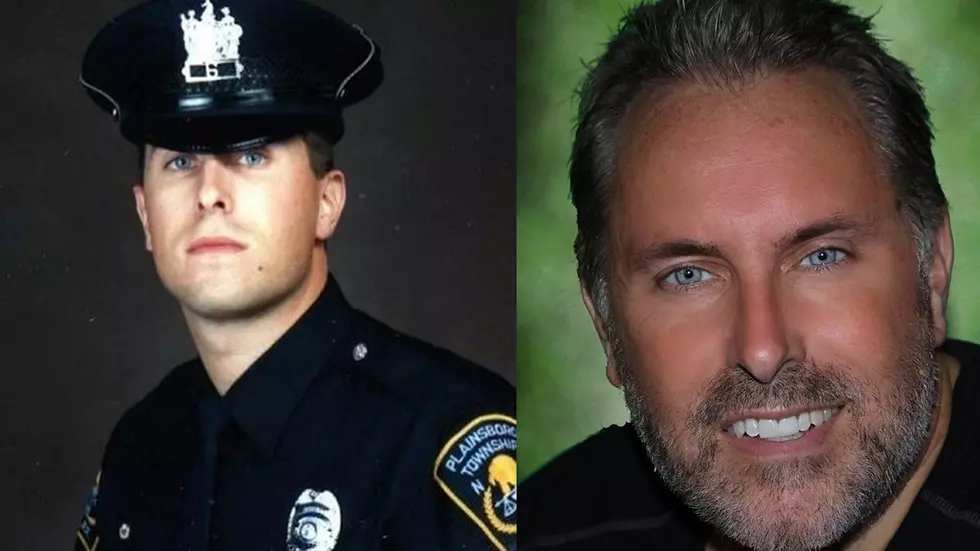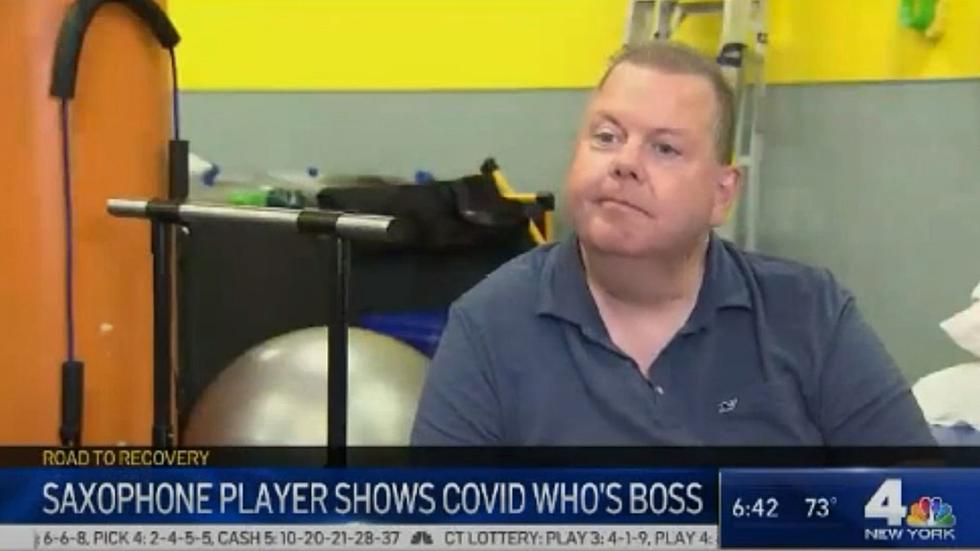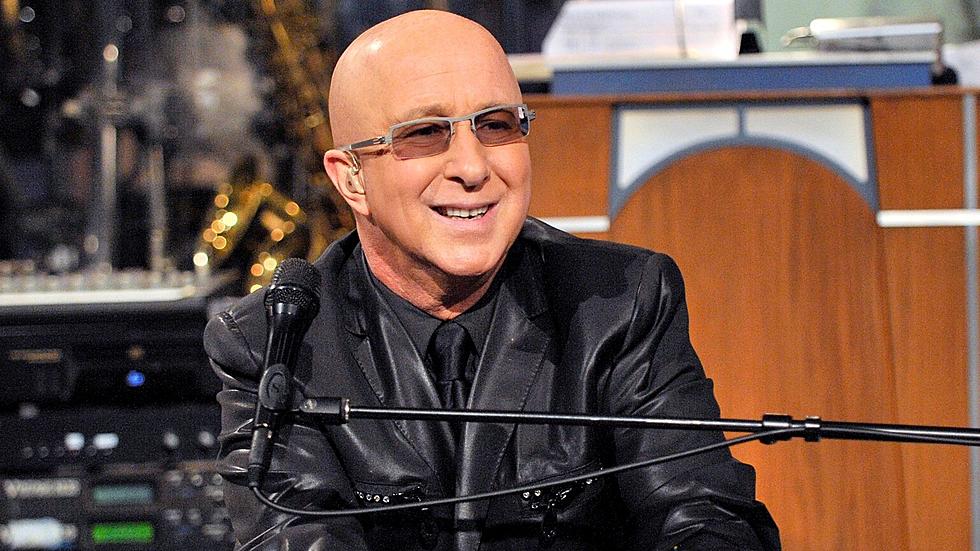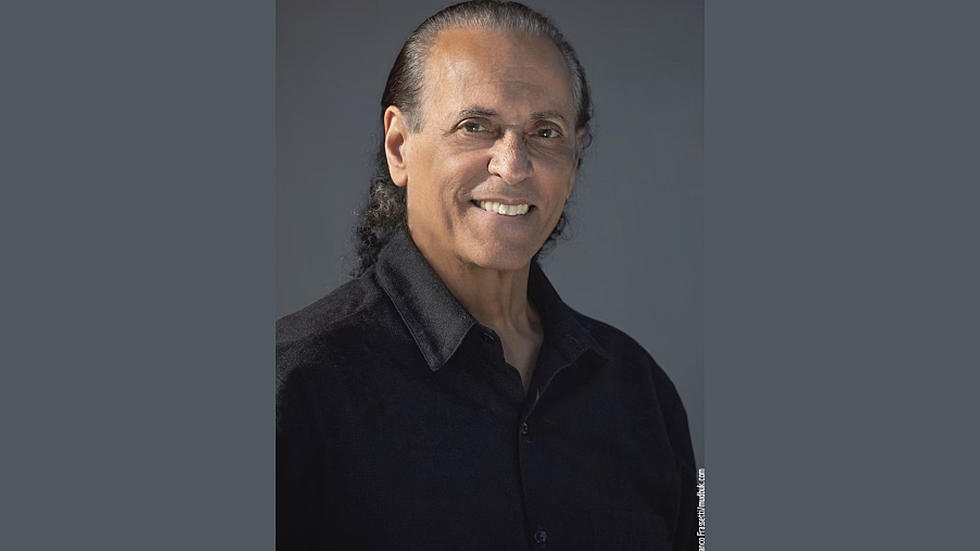Landmark appeal stops jury trials in New Jersey (Opinion)
Among the many things being affected by the coronavirus pandemic in New Jersey is jury selection. Usually it's the lawyers who select the jurors but in this ever-changing world in which we live in, there seems to be a third party eliminating potential jurors that taints the selection process.
Certain components of the jury selection process were executed behind closed doors and without the participation of the parties, and there is a potential bias against older and underprivileged people during the jury picking.
On Wednesday, September 30, 2020, after attempting the new “hybrid” jury selection process for North Jersey’s first socially distanced jury trial, James Lisa, Esq. said “stop.” As a result, all New Jersey jury trials have been suspended.
Lisa came on my show Wednesday, October 7 to talk about it.
"My concern is, is that there were a number of individuals that were disqualified, excluded and excused. I want to know, who allowed them to be disqualified, excused or basically excluded?"
Aren't they obligated to tell you?
"That's the other issue, okay. The courts are saying 'well we never did that before.' Well, you know, we've never done a lot of things before...this is the first time this is being done...and quite frankly, I think we need transparency to make sure it's done right. That's why I want transparency. I want to be able to examine, not just the reasons as to why these people are disqualified, excused or excluded, but also find out why they were disqualified, excused or excluded. And to find out who made those decisions or what the criteria was and what the demographics were."
The interlocutory appeal will be heard on or about October 9, 2020 before Appellate Division.
From Lisa's press release;
"Of the 800 jurors who were contacted, over 600 were disqualified, excluded, or excused. Parties must know who made those decisions, what criteria were used and what the demographics were.. Jurors are interviewed virtually from their homes before they are summoned to judge the case in person. The elderly and economically disadvantaged – who might not have access to WiFi – were disproportionately rejected from the jury pool of nearly 200 people eligible to hear the case.
Concerns are rooted in the new state guidelines that allow those over 65 and with underlying medical conditions, such as obesity and Type 2 diabetes, to defer their jury service. Other people who don’t have computers or internet access — minorities, those who don’t speak English, seniors who lack technical acumen — might also have been excluded from the virtual portion of interviews.
The matter, State v. Dangcil - AM-53-20, involves the Defendant allegedly trying to set fire to his ex-wife’s home in Hackensack in June 2019.
At issue is protecting the sanctity of the randomness of the jury pool.
James Lisa, defense counsel stated, 'in terms of fundamental fairness, my client like all other incarcerated defendants who have been prejudiced as a result of the pandemic being deprived of constitutionally guaranteed speedy trials, we believe the least they should expect is transparency with respect to the entire jury selection process.'"
What will Lisa do should he lose the appeal?
"Well, uh, quite frankly one of us will probably file a writ to the New Jersey Supreme Court. So the New Jersey Supreme Court can determine whether or not the process is fair to my client."
The post above reflects the thoughts and observations of New Jersey 101.5 talk show host Steve Trevelise. Any opinions expressed are Steve's own. Steve Trevelise is on New Jersey 101.5 Monday-Thursday from 7pm-11pm. Follow him on Twitter @realstevetrev.
More from New Jersey 101.5:
What NJ trick or treating looks like in 2020
More From New Jersey 101.5 FM









